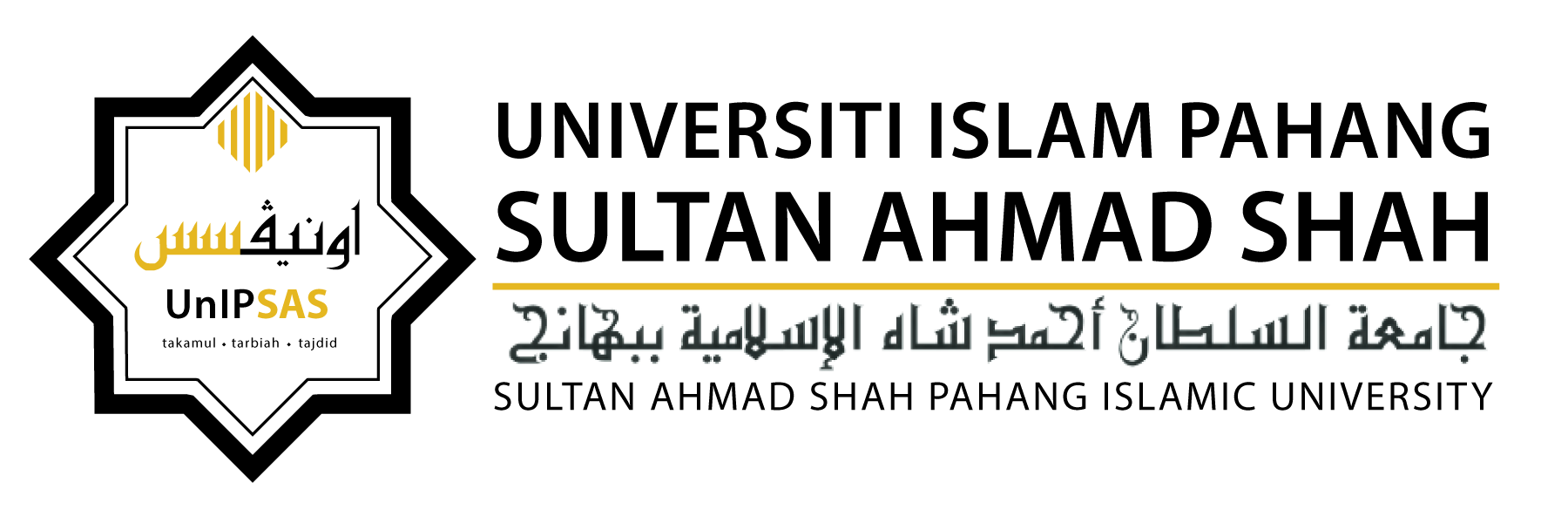THE INFLUENCE OF IMPULSIVITY AND ANTI-SOCIAL BEHAVIOUR ON ACADEMIC PERFORMANCE OF UNIVERSITY UNDERGRADUATE STUDENTS IN NIGERIA
DOI:
https://doi.org/10.64398/alsirat.v24i1.338Keywords:
Academic performance, Anti-social Behaviour, Impulsivity, Higher EducationAbstract
Many personal and societal harm is caused by negative behaviour, which
usually involved antisocial behaviour practices. Such behaviour tends to
mislead youth, and consequently affect their academic performance. The
current study investigates the effects of impulsivity, anti-social behaviour on
academic performance. A total of 379 survey questionnaire were distributed
to the undergraduate students in Nigeria. A statistical analysis was conducted
using structural equation modelling with Smart-Partial Least Squares (PLS).
The findings of the study revealed that there is a significant negative
correlation on antisocial behaviour and academic performance, while
significant relationship between impulsivity and academic performance was
indicated. The practical and research implications of these findings are
discussed as well as the justification of the rejected hypothesis. This study
suggests that Stakeholders in education should provide recommendations
based on the enforcement of relevant laws to limit students' actions without
thinking, expedite cognitive decision-making, and encourage students to
demonstrate positive attitudes toward academic activities. Similarly, it is
suggested that universities generally employ student-engagement measures to
ensure that students understand their purpose for attending and complete the
programs they are enrolled into.
Downloads
Published
How to Cite
Issue
Section
License

This work is licensed under a Creative Commons Attribution-NonCommercial 4.0 International License.






